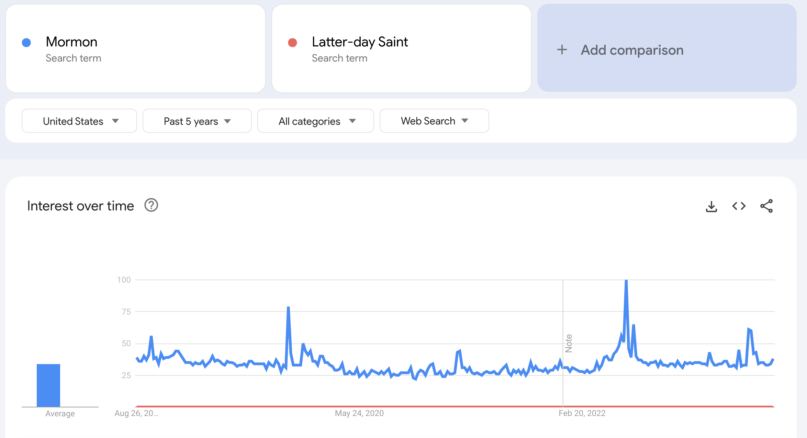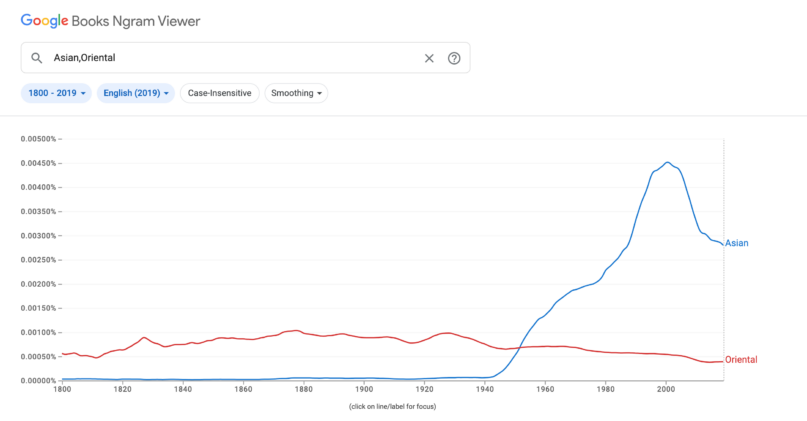(RNS) — In July, seemingly overnight, the popular social media app Twitter was rebranded as X. The website twitter.com began redirecting to x.com. The blue app with the cheery white bird became a foreboding black square with a white letter X.
Yet I and most of the people I interact with are still calling it Twitter. That’s partly because I’m not on board with many of the changes new CEO Elon Musk has recently instituted — including the announcement that users will no longer be able to block other users from viewing their content.
The other, more enduring, part of my difficulty with the switch from Twitter to X is that language doesn’t change overnight.
It doesn’t matter that Twitter has overhauled all of its public-facing communications, removed its iconic bird logo from the exterior of its headquarters or begun claiming that the revamped platform is “humanity’s collective consciousness” (whatever that is supposed to mean). Language changes take a long time and may not come at all: Twitter users may prefer to jump ship for other social media platforms such as Threads.
There’s a lesson in this for members of the Church of Jesus Christ of Latter-day Saints, also called Mormons. This month marks the five-year anniversary of making “Mormon” a bad word.
In August of 2018, Russell M. Nelson, the then-new president of the church, announced that “Mormon” would no longer be used to refer to the church. He said he was correcting an error — that “Mormon” should never have entered the lexicon because it was a nickname.
In October of that year, he raised the stakes by saying it was a “major victory for Satan” when we failed to use the full and correct name of the church, which contains the name of Jesus Christ. He said: “In the early days of the restored Church, the terms Mormon church and Mormons were often used as epithets — as cruel terms, abusive terms — designed to obliterate God’s hand in restoring the Church of Jesus Christ in these latter days.”
What he did not say is that the same words had also been used for decades with love and pride by church members ourselves. We didn’t see “Mormon” as a slur, but as an identity to be proud of.
Over the last five years, I’ve definitely seen a concerted effort on the part of church members to abide by President Nelson’s wishes. We say “Latter-day Saint” in sacrament meetings, Sunday school lessons and group discussions. I haven’t heard the word “Mormon” spoken in the church building in a very long time.
Where it has had very little effect is outside our church walls. Here is a Google search record of the incidence of “Mormon” compared to “Latter-day Saint” in the five years since President Nelson first sounded the call. Not only has “Mormon” not declined as a search term, but “Latter-day Saint” hasn’t increased. Mostly, the long-term picture is one of stability, with the occasional surge in interest for “Mormon” when there was a major news story, as in late June 2022 when the news broke about a possible photograph of Joseph Smith Jr.

Last week, I was at an editors’ conference where a linguist discussed some of the most common language changes we are seeing in our work as professional editors and how to address them with sensitivity. One of the comparisons she showed us is below. This is an Ngram from Google Books, not a deep dive into Google Trends searches like my Mormon/Latter-day Saint comparison above. Essentially, this comparison draws from all of the indexed books Google has in its collection from 1800 to 2019.

Here, we can see that the term “Oriental” began to be supplanted by “Asian” in the 1950s, and that it took about five decades for the word “Asian” to reach its pinnacle usage. Meanwhile, “Oriental” continues to be used, but at less than half its frequency of a century ago. We may eventually see something similar with “Latter-day Saint.”
In the meantime, I suggest we follow the linguist’s first piece of advice in dealing with linguistic evolution: Be kind. Some of the messages I’ve received about using the term “Mormon” — still the preferred term for people seeking information about this religion — have not been kind. Far from it. Followers of Jesus Christ have slung genuine slurs at me because I have continued to use “Mormon,” a word so recently rebranded that as late as 2018 the church was heavily promoting the “Meet the Mormons” film and “I’m a Mormon” videos.
So here’s my request.
If you’re a reader who is mad about seeing “Mormon” in a news headline, but you’re still calling X “Twitter,” don’t send me hate mail.
More seriously, if you’re angry about “Mormon,” but you still insist on using the former name of a transgender person who has transitioned, don’t @me about my insensitivity. Get to work on your own.
Related content:
The name “Mormon”: Why all the fuss, and why now?
The battle lines around the word “Mormon”


0 Comments